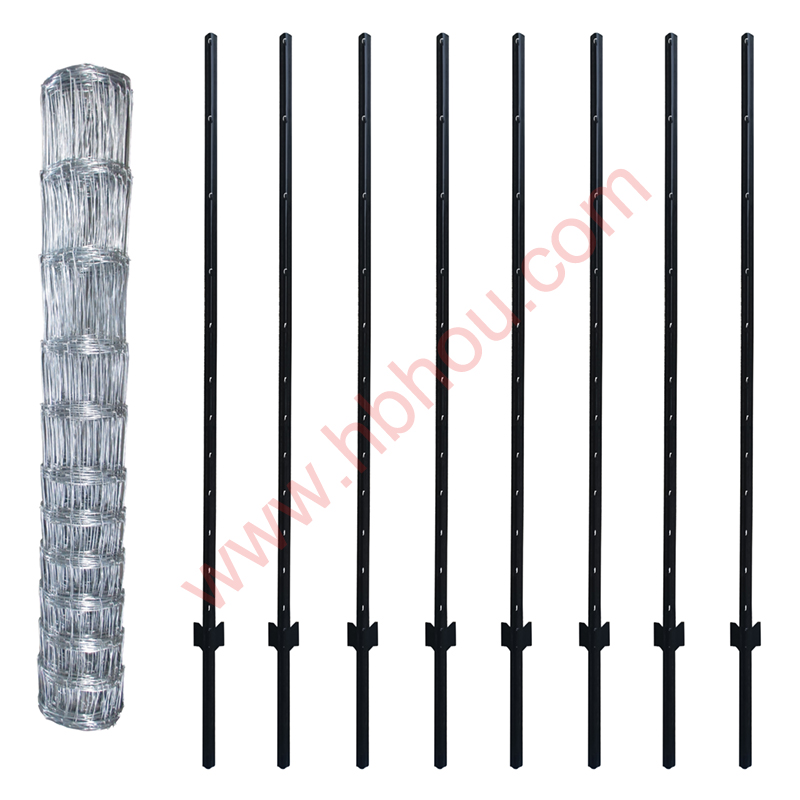Round Post Insulators Essential Components for Electrical Safety and Reliability
In the realm of electrical transmission and distribution, ensuring safety and reliability is paramount. One critical component that plays a significant role in this regard is the round post insulator. These insulators, often made of ceramic or polymer materials, are essential for maintaining electrical separation between conductors and supporting structures, thus preventing short circuits and ensuring efficient power transfer.
The Design and Functionality of Round Post Insulators
Round post insulators are cylindrical in shape, designed to provide a robust and stable platform for electrical conductors. Their round design allows for a uniform distribution of mechanical stress, making them particularly effective in handling the loads associated with overhead power lines. These insulators come in various sizes and electrical ratings, tailored to meet the specific requirements of different applications, whether in urban settings or remote areas.
One of the primary functions of a round post insulator is to support conductors while preventing electrical leakage to the ground. This electric isolation is crucial in preventing outages and ensuring the safety of individuals and equipment. Additionally, these insulators are engineered to withstand environmental stresses, including wind, rain, snow, and ice, which can significantly affect power line stability.
Material Choices and Their Impact
The materials used in round post insulators significantly influence their performance and longevity. Traditionally, ceramic insulators were the standard choice, known for their excellent dielectric properties and resistance to environmental degradation. However, advancements in materials science have led to the development of polymer-based insulators, which offer several advantages.
round post insulator

Polymeric insulators are generally lighter than ceramic options, making them easier to handle and install. They also exhibit superior resistance to vandalism and contamination, features that are increasingly important in urban environments where insulators may be exposed to pollutants and other corrosive elements. Additionally, the hydrophobic characteristics of polymer insulators help to prevent water retention, significantly reducing the risk of electrical flashover during adverse weather conditions.
Applications and Benefits
Round post insulators are widely utilized in various applications, including utility poles, transmission towers, and substations. Their versatility allows for use in high-voltage power lines as well as in lower voltage distribution systems. The benefits of employing round post insulators are manifold, including enhanced electrical safety, reduced maintenance costs, and prolonged system lifespan.
For utility companies, the reliability provided by these insulators is crucial for minimizing downtime and maintaining service continuity. In regions prone to severe weather conditions, using high-quality round post insulators can mitigate the risks associated with electrical outages caused by system failures.
Conclusion
In conclusion, round post insulators are vital components in the electrical infrastructure that ensure safety, reliability, and efficiency in power transmission and distribution. Their innovative design, coupled with advancements in material technology, has enabled them to perform effectively in challenging conditions. As the demand for reliable electrical services grows, the importance of round post insulators will only continue to rise, underpinning the critical role they play in modern electrical systems. Whether through enhancing safety measures or optimizing operational efficiency, these insulators are a testament to the importance of engineering excellence in supporting our increasingly electrified world.
















